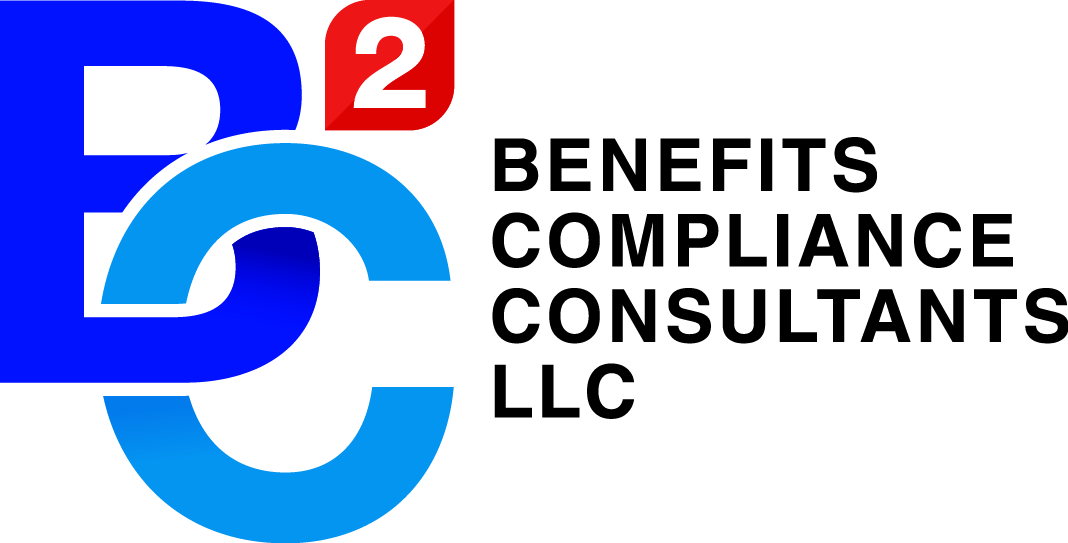Why Timing Matters: The Compliance Clock Doesn’t Pause for Summer
As businesses approach mid-year, many HR leaders and employers are tempted to delay their benefits compliance planning until the third quarter. However, waiting until Q3 can carry significant risks. With IRS and Department of Labor (DOL) deadlines tightening, proactive planning in Q2 is essential for avoiding costly mistakes, penalties, and operational disruptions.
Critical filings, such as Form 5500, which is due by July 31 for calendar-year plans, demand thorough documentation and cross-departmental coordination. If you wait until summer to get started, you’re already behind.

The Financial Penalties of Delayed Compliance Are Steeper Than You Think
Delays in compliance don’t just cause administrative headaches—they can lead to steep penalties:
- Form 5500: Failure to file complete and timely reports can incur penalties up to $2,670 per day under DOL regulations. Learn more about 5500 penalties here.
- ACA Reporting: Incorrect or late filing of 1095-C forms can result in fines of up to $310 per return.
Businesses should review their documentation and verify that everything is on track by mid-year. Otherwise, what starts as a minor delay can turn into a significant financial setback.
Operational Disruptions Increase When You Wait Until the Last Minute
Beyond financial penalties, waiting to plan for compliance in Q3 creates real operational problems:
- Document Gathering Chaos: Form 5500 requires data from payroll, HR, benefits administrators, and third-party vendors. Last-minute coordination leads to data errors.
- Team Burnout: HR and finance teams may be managing summer hiring, PTO schedules, and open enrollment prep, leaving little capacity for last-minute compliance efforts.
- Workflow Delays: Vendors, TPAs, and consultants are often at capacity closer to deadlines, making support harder to secure.
Waiting to File Increases Your Audit Risk
Inaccurate or incomplete filings increase the likelihood of triggering an audit. The DOL pays close attention to late or error-ridden Form 5500 submissions, especially when Summary Plan Descriptions (SPDs) or wrap documents are missing or outdated.
To avoid audit exposure:
- Review participant data early
- Confirm your SPD distribution is compliant with the Summary Plan Description Requirements
- Work with a trusted compliance expert who can flag potential issues before submission
What Proactive Employers Are Doing Right Now
Employers that take compliance seriously aren’t waiting for Q3. Here’s what innovative organizations are already doing in Q2:
Conducting a Mid-Year Compliance Audit
- Reviewing Form 5500 data points
- Checking for documentation gaps
- Cross-referencing participant data and plan changes
Coordinating With Compliance Partners in Advance
- Engaging expert consultants like BC2 to manage the preparation
- Verifying responsibilities between HR, brokers, and TPAs
- Reviewing deadlines to ensure timely submission
See how this approach helps: Why You Should Ask Our Company to Prepare Form 5500 on Your Behalf.
How BC2 Simplifies the Compliance Process Before It Becomes a Problem
At Benefits Compliance Consultants (BC2), we help businesses nationwide:
- Complete Form 5500 accurately and on time
- Maintain ERISA compliance across all plan documents
- Avoid triggering IRS or DOL red flags through smart, early planning
Our team works behind the scenes to ensure you meet deadlines without last-minute chaos. We handle the documentation, review, and coordination so your internal teams can focus on what they do best.
Don’t Let Summer Be the Season of Penalties and Panic
Waiting until Q3 to start your compliance planning increases the risk of financial loss, operational stress, and regulatory trouble. The most successful employers treat Q2 as the foundation for year-round compliance.
Get started now to avoid the scramble—and let BC2 help you stay audit-ready, penalty-free, and confidently compliant.
Internal Links for Deeper Compliance Insights
What Happens If You Don’t File Form 5500?
Understand the financial risks and consequences of missed filing deadlines.
Recognizing Summary Plan Description Distribution Requirements
A quick guide to staying compliant with SPD requirements under ERISA.
Why You Should Ask Our Company to Prepare Form 5500 on Your Behalf
See how BC2 helps businesses reduce risk and avoid costly errors.





